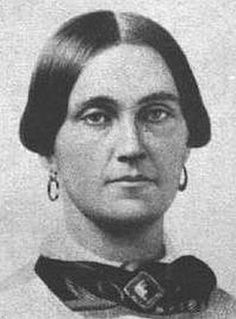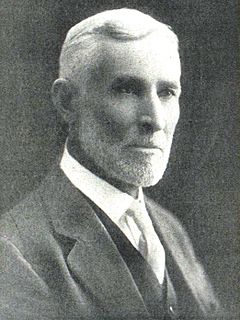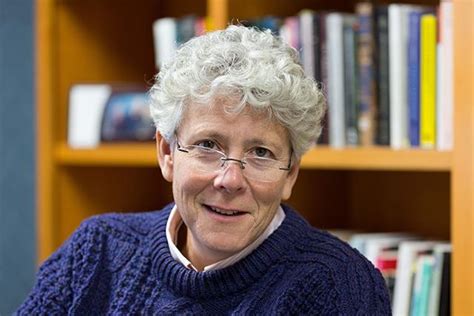A Quote by Jane Roberts
Each of us seems to have a main focus, a particular idea of practicality - a concept of 'what we want out of life' against which we judge our experiences.
Related Quotes
Apparently, before we are born, each of us experiences a vision of what our life can be, complete with reflections on our parents and our tendencies to engage in particular control dramas, even how we might work through these dramas with these parents and go on to be prepared for what we want to accomplish.
I don't believe that the American people want us to focus on our job security. They want us to focus on their job security. I don't think they want more gridlock. I don't think they want more partisanship. I don't think they want more obstruction. They didn't send us to Washington to fight each other in some sort of political steel-cage match to see who comes out alive. That's not what they want. They sent us to Washington to work together, to get things done, and to solve the problems that they're grappling with every single day.
As a mode of perception that often becomes a style of life, paranoia weaves around the vulnerable self or group an air-tight metaphysic and world view. Paranoia is an antireligious mysticism based on the feeling or perception that the world in general, and others in particular, are against me or us. Reality is perceived as hostile. By contrast, the religious mystic experiences the ground of being as basically friendly to the deepest needs of the self. That which is unknown, strange, or beyond our comprehension is with and for rather than against us.
What causes [fragmentation] if not a need to act that specializes us and limits us to the horizon of a particular activity? Even if it turns out to be for the general interest (which generally isn't true), the activity that subordinates each of our aspects to a specific result suppresses our being as an entirety. Whoever acts substitutes a particular end for what he or she is, as a total being.
Life seems somehow less shocking, painful, and lonely - and more hopeful, agreeable, and beautiful - when our experiences are confirmed by those of others. Although each of us is unique, there are familiar responses and doubts and joys that let us know we have kin. We are not, after all, too strange to live.
I testify that no one of us is less treasured or cherished of God than another. I testify that He loves each of us—insecurities, anxieties, self-image, and all. He doesn’t measure our talents or our looks; He doesn’t measure our professions or our possessions. He cheers on every runner, calling out that the race is against sin, not against each other.
Inspired men have been raised up, who have given us our form of government, and the code of laws by which we are controlled, the best ever evolved by man, so far as we are able to judge. The Lord has strengthened the arms of the patriots who have defended us against the assaults of all those who have come up against us, and delivered us until today, from those who would have torn us asunder. Against all opposition, I sometimes think almost against ourselves, the Lord has brought us to our present condition, until this nation, like a city set on a hill, has become the light of the world.
The whole drift of my education goes to persuade me that the world of our present consciousness is only one out of many worlds of consciousness that exist, and that those other worlds must contain experiences which have a meaning for our life also; and that although in the main their experiences and those of this world keep discrete, yet the two become continuous at certain points, and higher energies filter in.



































